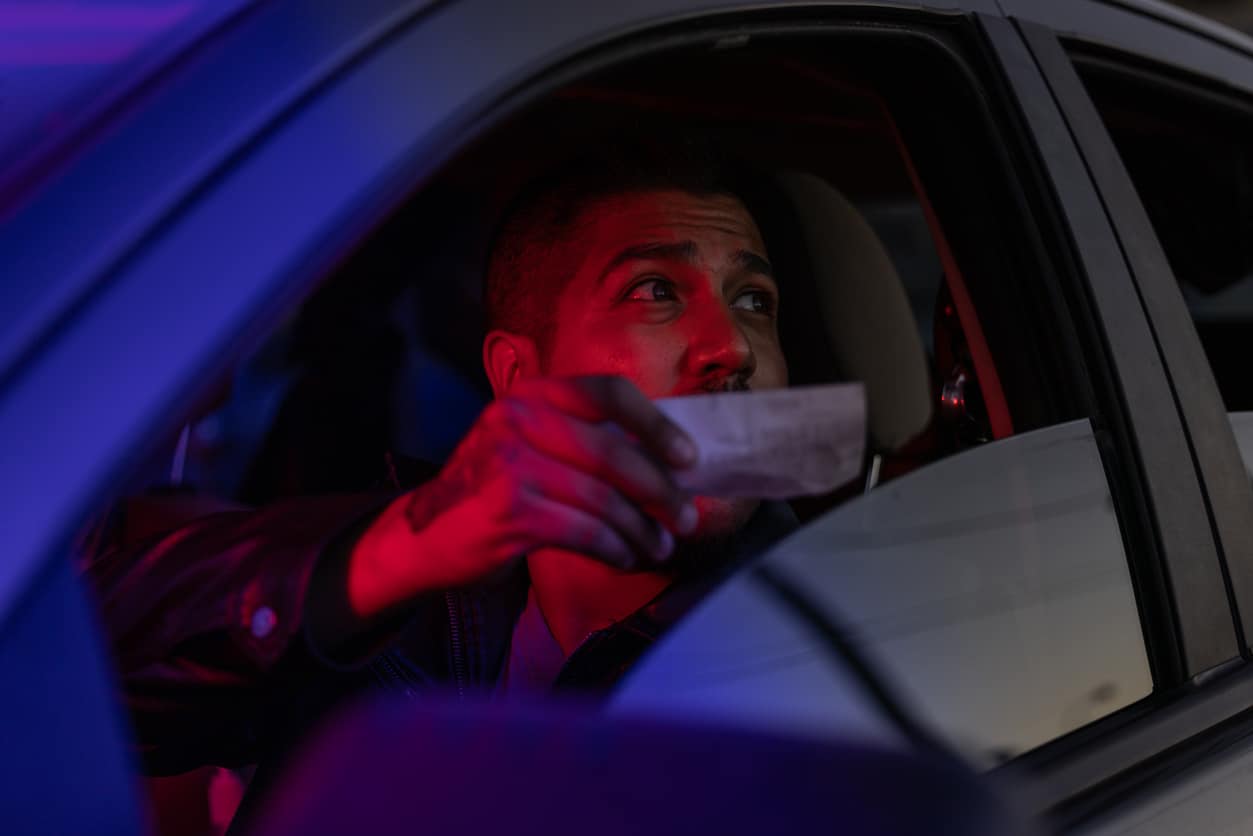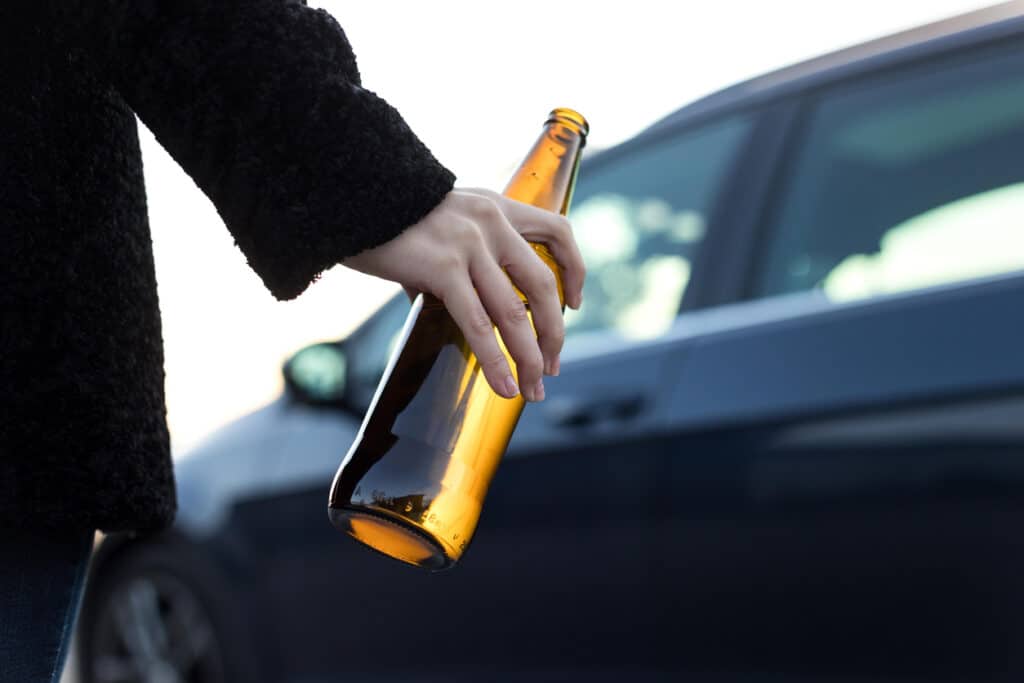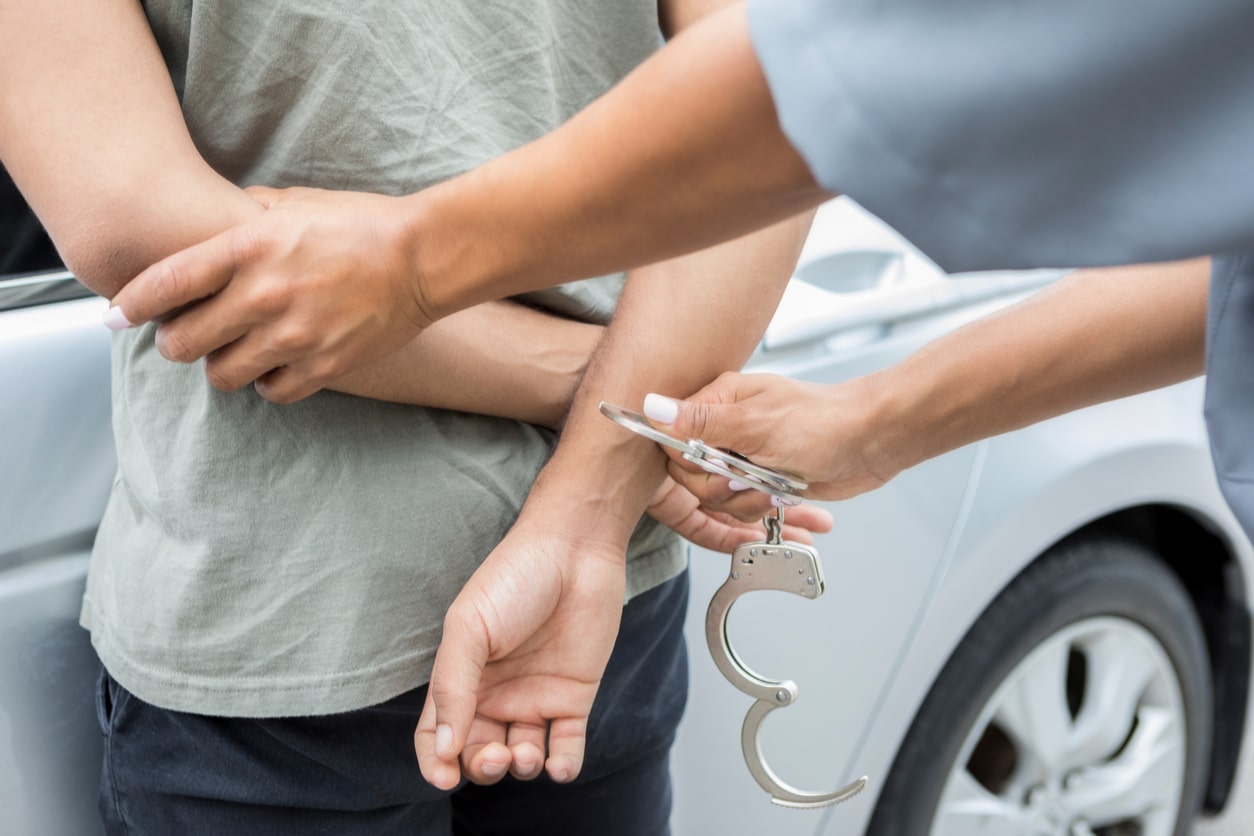A conviction for driving under the influence (DUI) or driving while intoxicated (DWI) can have…

Understanding the Differences Between DUI and DWI in MO
People in Missouri may use the terms driving while intoxicated (DWI) and driving under the influence (DUI) interchangeably. They may also call it “drunk driving.” While Missouri officially uses the term DWI, both DUI and DWI can be valid for non-lawyers. They can be useful for distinguishing between the different ways Missouri law allows prosecutors to prove that a person was too impaired by alcohol or drugs to operate a motor vehicle safely.
If a driver’s blood alcohol content (BAC) was above a certain level, for example, state law presumes that they were impaired. Prosecutors must use other means if they do not have BAC test results or if they allege impairment by drugs instead of alcohol. A Kansas City DWI defense attorney can help you understand the charges against you and let you know what to expect from the legal process.
What Is the Difference Between DUI and DWI in Missouri?
There is no legal distinction between DUI and DWI in Missouri. State law only defines DWI as an offense. This means that Missouri has no offense known as DUI. When people use the term DUI in this state, they are referring to DWI.
How Does Missouri Law Define DUI and DWI?
While DUI is not an offense under Missouri law, it can be helpful to have more than one term to refer to the offense of DWI. State law gives prosecutors several ways to prove guilt, and each method requires different defense strategies.
Driving in an “Intoxicated Condition”
A person commits DWI in Missouri when they operate a motor vehicle “while in an intoxicated condition.” State law defines “intoxicated condition” as being “under the influence of alcohol, a controlled substance, or drug, or any combination thereof.”
Alcohol is only one of many possible substances that can cause impairment. Law enforcement officers can provide evidence of impairment by testifying about a driver’s appearance or behavior, such as slurred speech, clumsy movements, or a distinctive odor like alcohol or cannabis. They may testify about a driver’s performance on field sobriety tests to prove that the driver could not operate a motor vehicle safely.
Defending against this kind of DWI case often involves challenging the officer’s testimony. Perhaps, for example, there is another explanation for the defendant’s poor performance on the field sobriety tests.
Driving with Excessive Blood Alcohol Content

Missouri’s implied consent statute requires anyone driving on a public road to provide a breath sample if a law enforcement officer suspects them of DWI. Prosecutors can use a person’s refusal to submit to breath testing as evidence in their DWI case.
Breath or blood testing can show how much alcohol is in a person’s system, known as BAC. State law sets “legal limits” for BAC. Above these amounts, the law presumes that a driver was impaired. The limits are:
- 0.08 percent for most drivers;
- 0.04 percent for anyone driving a commercial motor vehicle; and
- 0.02 percent for drivers under the age of 21.
This type of DWI is based largely on chemical test results. As a result, defense strategies involve challenging the reliability of the equipment and the people operating it. Breathalyzer devices require routine maintenance. Any deficiencies in that maintenance can call BAC results into question.
Driving Under the Influence of Drugs
In addition to alcohol, the Missouri DWI law describes impairment by “a controlled substance, or drug, or any combination thereof.” Driving under the influence of drugs (DUID) may include:
- Illegal drugs;
- Prescription drugs; and
- Over-the-counter medications.
Any substance that can cause drowsiness, fatigue, or distraction can lead to a DWI charge. Police have arrested people for DWI based on impairment from cold medicine, allergy medicine, cough syrup, or any other drug that could make it unsafe to drive.
DUID is not a separate offense under Missouri law. It is a DWI charge, but none of the methods police and prosecutors have developed to prove intoxication by alcohol are available.
Proving DUID is similar to proving impairment by alcohol without BAC evidence. Police have no way to test people for drugs during a traffic stop. A breathalyzer cannot tell police about any substance other than alcohol. Blood test results can be more helpful for prosecutors. Because different substances can affect people in different ways, though, state law does not have specific legal limits for drugs. Prosecutors need evidence that a driver looked or acted impaired because of a particular substance or substances.
Defending against DUID often involves challenging testimony provided by law enforcement officers. This includes their account of a defendant’s behavior and appearance and their qualifications to identify which substances allegedly caused the impairment.
What Are the Penalties for DUI or DWI in Missouri?
DWI/DUI is a class B misdemeanor in Missouri unless certain factors raise it to a higher level. It can go as high as a class A felony in the most serious cases. Penalties include losing driving privileges in almost all cases, even before the case goes to trial or a plea. After a conviction, a fine is likely, and jail time is possible if aggravating factors are present, such as multiple prior convictions.
Speak With an Experienced DWI/DUI Attorney to Learn More
DWI/DUI is a serious charge in Missouri. Even if you are not found guilty, it can have far-reaching effects on your life. Sloan Law Office provides skilled and compassionate legal advocacy for people facing DWI charges in the Kansas City area. We can help you understand your rights and options. We will stand by your side to fight the state’s allegations against you. Contact us today to schedule a confidential and free consultation to discuss your case.




This Post Has 0 Comments